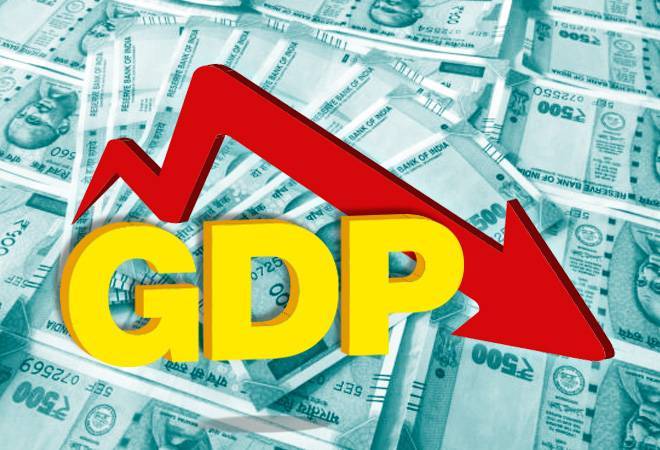London: As the ongoing lockdown in the UK has been extended for at least another three weeks without a clear exit strategy, economists have said that the country’s economy could face the deepest recession in a century.
Thursday, the government announced that the current restrictive measures, which were imposed March 23, that aim to contain the spread of the novel coronavirus will remain in place for ‘at least three weeks’, reports Xinhua news agency.
But a big question arose over when or how the restrictions will be relaxed.
“Uncertainty around the length of the lockdown is likely to be a key factor behind the wide range of GDP forecasts for 2020,” said Andrew Goodwin, chief UK economist at Oxford Economics, in a research paper published on Friday.
He explained that the estimates of the scale of the decline in the country’s GDP in the first half-year in 2020 were very sensitive to the duration of the lockdown.
In the latest forecast, which assumes the lockdown remains in place until mid-May and is then eased gradually, Goodwin expected the country’s GDP to fall by 5 per cent in 2020.
The last time the economy suffered a recession on this scale was 1921.
The National Institute of Economic and Social Research (NIESR) also said the ‘once in a century event’ poses major threat to the economic growth, and the lockdown was causing the largest contraction in economic activity since 1921 earlier this month.
NIESR projected that the country’s economy could see growth shrink by 5 per cent in the first quarter of 2020, and if a lockdown continues, by around 15 per cent to 25 per cent in the second quarter.
According to the survey published by Office for National Statistics (ONS), around one quarter of businesses in the UK reported a temporary closure or trading pause between March 23 and April 5, and of the other three quarters that continued to trade, 38 per cent reported that turnover was substantially lower than normal.
In a scenario that a three-month lockdown followed by three months where the restrictions are partially lifted, the Office for Budget Responsibility (OBR) warned that the economy could decline by 35 per cent in the second quarter.
However, economists still believe the UK’s economy will bounce back quickly in 2021.
“Instant and significant recovery remains a distinct possibility if the spread of the virus comes to halt quickly,” said Kemar Whyte, senior economist of macroeconomic modelling and forecasting at NIESR.
“We forecast a strong recovery in 2021 based on a resumption in discretionary spending, supported by low oil prices and monetary and fiscal stimulus,” said Goodwin, expecting the GDP to return to its pre-coronavirus level by mid-2021.
The UK has so far reported 115,314 confirmed coronavirus cases, with 15,498 deaths.
(IANS)
